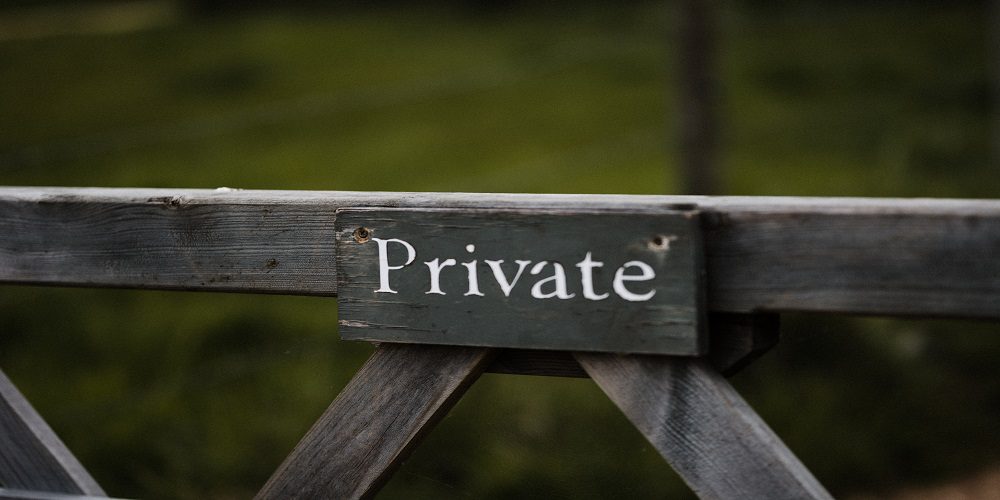Are you curious about the legal framework that governs our everyday interactions and relationships? Look no further! Welcome to our comprehensive guide to private law, where we unravel the intricate web of rules that shape our personal lives. From contracts to property rights, torts to family law, this blog post will equip you with a solid understanding of how private law impacts your daily routine. Whether you’re a student seeking clarity or an individual navigating legal challenges, join us as we embark on an enlightening journey through the fascinating world of private law.
Introduction to Private Law
Private law, also known as civil law, is an essential branch of the legal system that governs relationships between individuals and organizations. It covers a wide range of areas, including contracts, property rights, torts, and family law. Understanding private law is crucial for anyone looking to navigate their personal and professional lives effectively.
What is private law?
Private law, also known as civil law or non-criminal law, is a branch of the legal system that deals with disputes between individuals and/or organizations. It governs relationships and interactions within society by regulating the rights and obligations of individuals toward each other. This includes areas such as contracts, property, torts (civil wrongdoings), family law, and commercial law.
One of the key features of private law is that it focuses on resolving conflicts between private parties rather than punishing criminal behavior. Private lawsuits are initiated by an individual or organization that believes their rights have been violated by another party’s actions or inaction. These cases are usually heard in civil courts, with a judge presiding over the proceedings.
The main goal of private law is to provide fair compensation for any harm caused to an individual or their property. In contrast to criminal law, where punishments may include imprisonment or fines paid to the state, private law seeks to restore the affected party to their original position before any wrongdoing occurred.
Differences between Public and Private Law
Private law and public law are two branches of the legal system that govern our society. While they may seem similar at first glance, there are significant differences between them. In this section, we will explore these differences in detail.
1. Parties Involved:
One of the main differences between public and private law is the number of parties involved in each type of case. Public law deals with disputes between citizens and the state or government entities, while private law deals with disputes between individuals or organizations.
In public law cases, the state acts as a representative for society as a whole and seeks to protect the general interests of its citizens. On the other hand, private law cases involve disputes between two or more parties where one party claims that their rights have been violated by another.
2. Purpose:
The purpose of public and private law also differs significantly. Public law aims to maintain order and ensure justice in society as a whole by regulating relationships between individuals and the state. It sets out rules that govern issues such as taxation, human rights, criminal offenses, etc.
On the other hand, private law focuses on resolving conflicts between individuals or organizations by providing remedies for civil wrongs such as breach of contract, property disputes, personal injury claims, etc.
3. Sources:
Another crucial difference between public and private laws is their sources. Public laws are derived from statutes passed by legislative bodies such as Congress or Parliament; they include laws like constitutional laws, administrative laws, criminal codes, etc.
In contrast, private laws originate from common-law principles developed through judicial decisions over time. These include contract laws, torts (civil wrongdoings), and property laws, among others.
4. Enforcement:
The enforcement of public and private laws also differs. Public law cases are usually enforced by the state through law enforcement agencies, such as the police or federal agents. The penalties for violating public laws can include fines, imprisonment, or other forms of punishment imposed by the government.
Private law cases, however, are generally resolved through civil lawsuits brought by one party against another. In these cases, the parties involved must seek their remedies in court and are responsible for enforcing any judgments made.
5. Burden of Proof:
In public law cases, the burden of proof lies with the state or government to prove that a person has committed a crime beyond a reasonable doubt. This is because criminal offenses are considered to be offenses against society as a whole.
In private law cases, the burden of proof lies with the plaintiff (the person making the claim) to prove their case by preponderance of evidence, which is a lower standard than proof beyond a reasonable doubt.
6. Issues Involved:
Public and private law also differ in terms of the issues they deal with. Public law mainly deals with matters that affect society as a whole and involve criminal offenses or disputes between citizens and the government.
Conclusion:
Understanding private law goes beyond just personal benefits; it also promotes a functioning economy. Businesses need stable contractual relationships to thrive economically, which requires adherence to private laws that govern those relationships. By ensuring fair competition among businesses through contract enforcement laws and protecting individual property rights through land-use regulations enforced by private laws, the economic system flourishes.

































